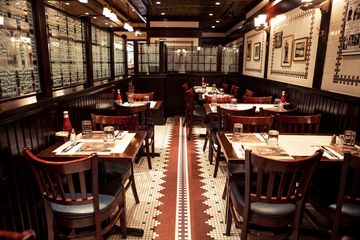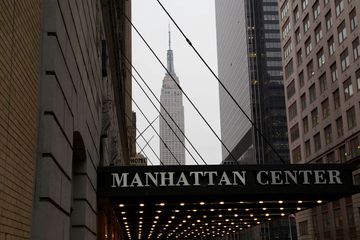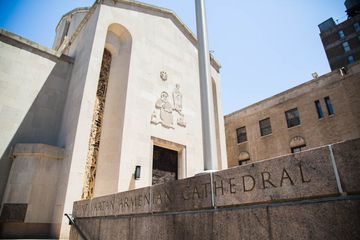Abe Lebewohl always knew what work meant. His first experience was in Eastern Europe doing hard labor during WWII, and then after being miraculously reunited with his family in a displaced persons camp in Italy, he moved to New York with his mother, father and little brother. He then got a job working the soda fountain in a Coney Island deli, while also volunteering to do as much as possible to learn other aspects of the food industry. He graduated to other delis, absorbing the nuances of Jewish cuisine and eventually scraping together enough money to open his own. The grand day happened in 1954, on the corner of 10th Street and Second Avenue, and, thus, The 2nd Avenue Deli began. It was tiny to begin with, serving only ten people at a time, but eventually grew to become one of New York’s most popular kosher delis, in the heart of what was then considered to be the old Yiddish theater district (the Yiddish Walk of Fame honors luminaries from this fascinating era). At this point, “it wasn’t Abe’s business, it was really his life, ” according to his nephew Jeremy. This is where the rags-to-riches story halts. Tragically, in 1996, Abe was murdered while carrying his day's deposit to the bank. Jack, his younger brother by seventeen years, took over the business he had grown up in and kept it running for ten more years before disputes with the landlords caused him to shut it down in 2005. Two years later, Jack’s sons, Josh and Jeremy, decided to continue the family tradition and reopened in their present location on 33rd Street.


